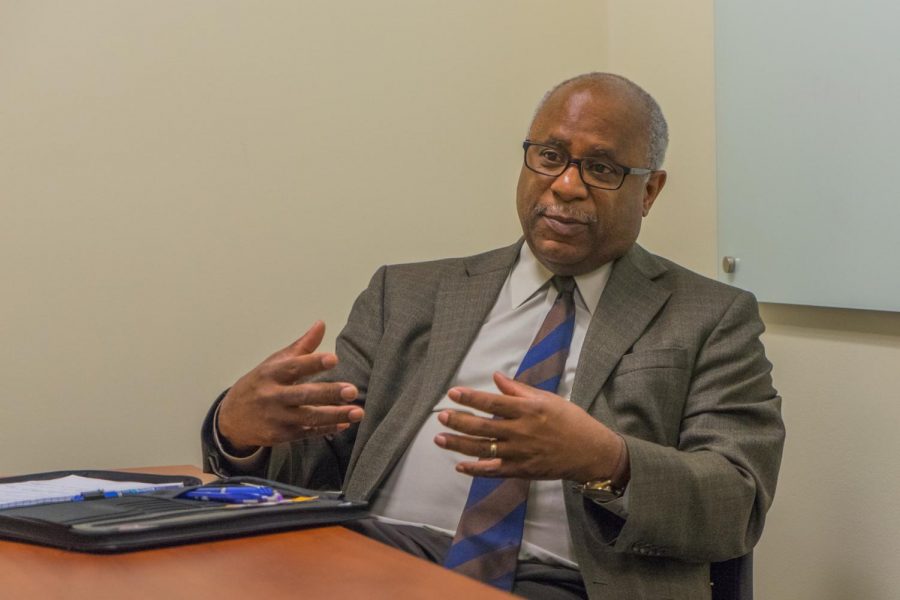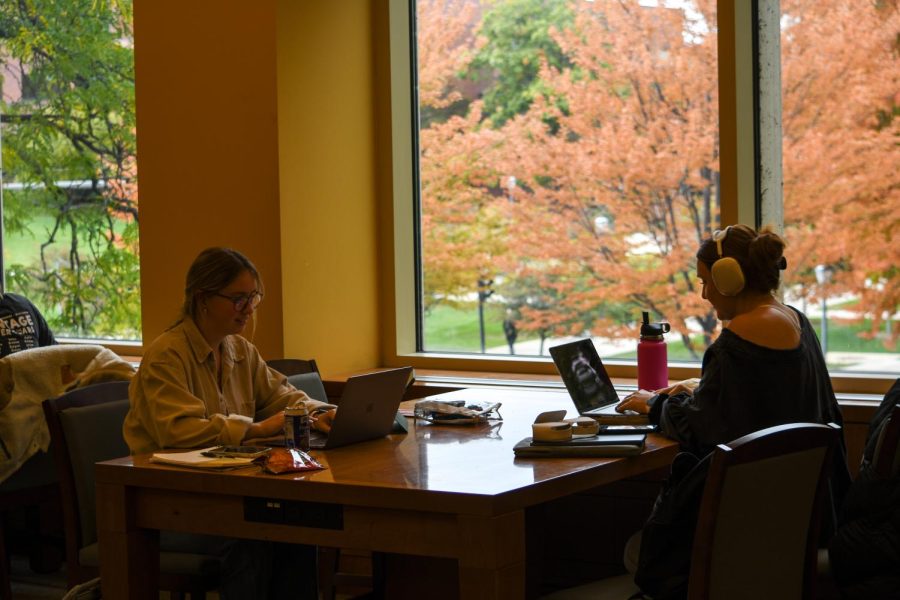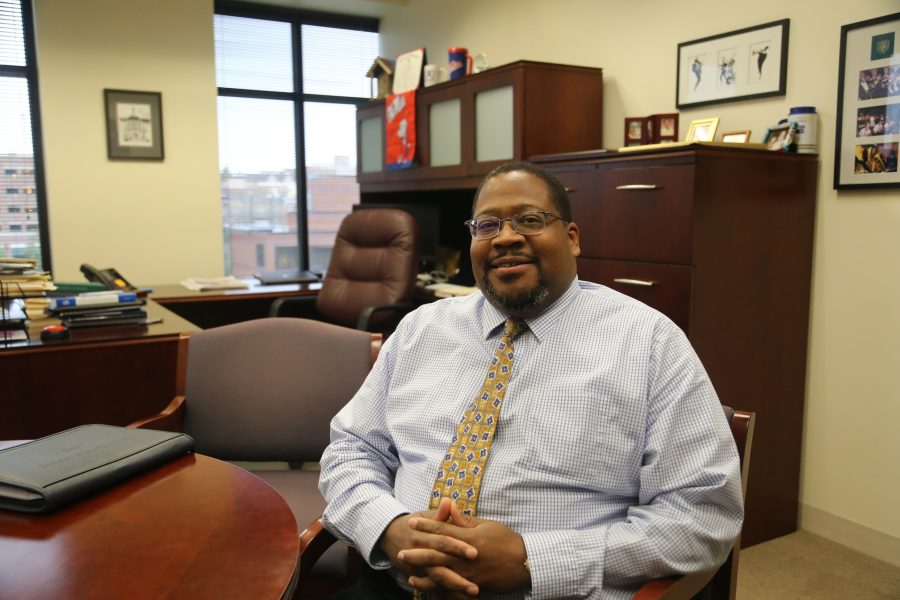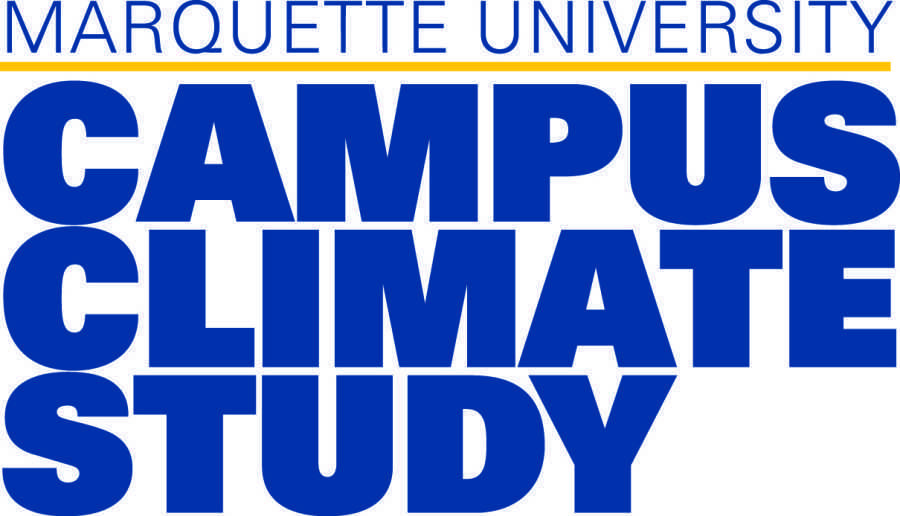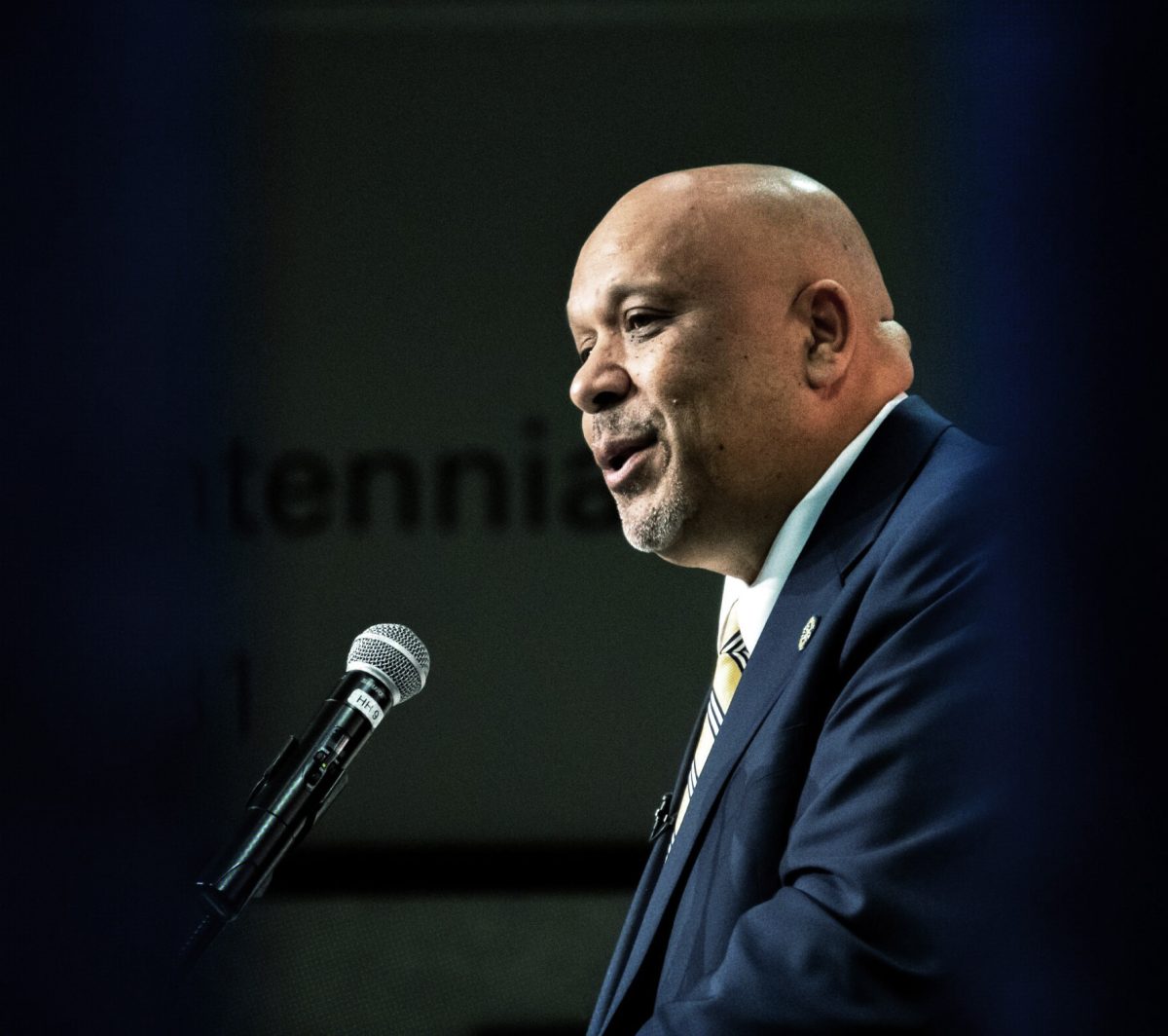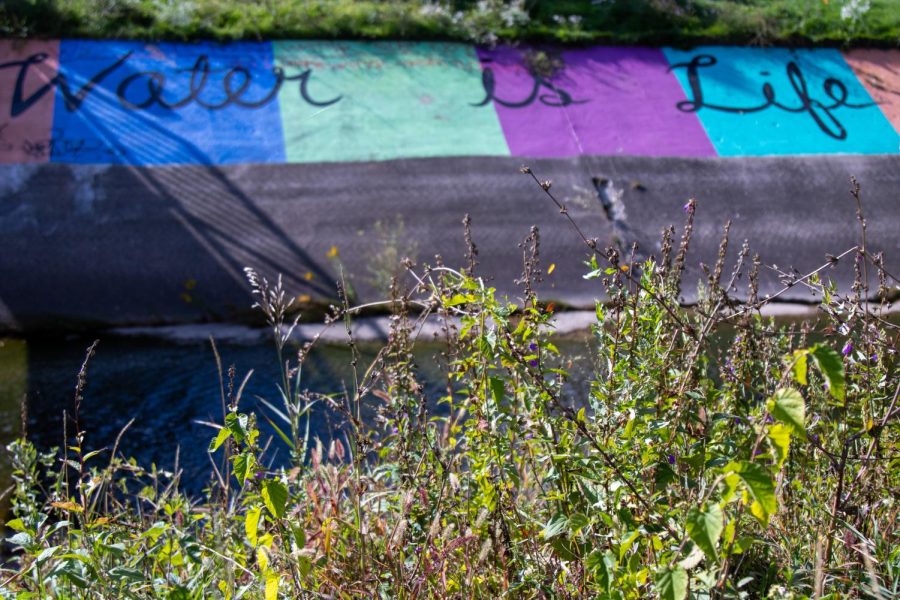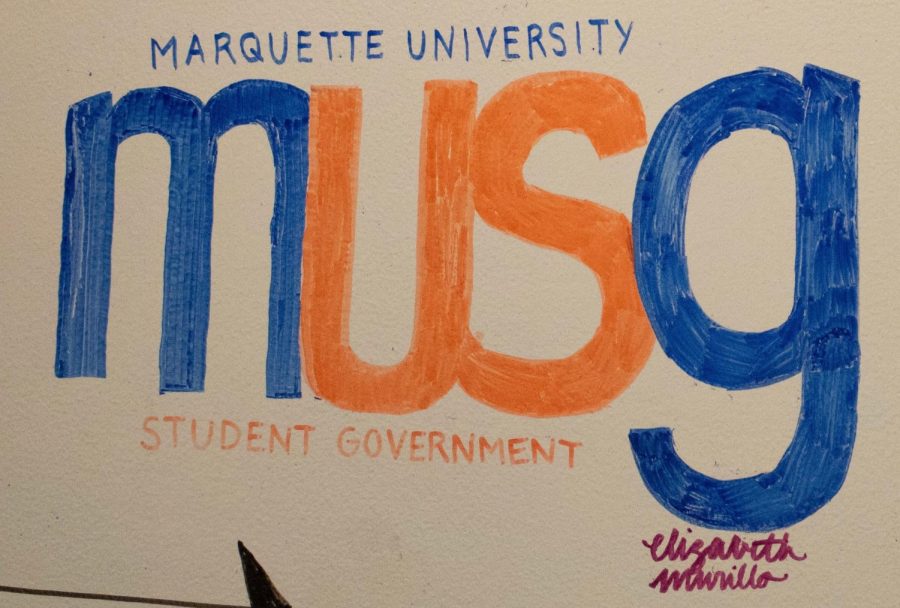A Campus Climate survey that examines how different social and cultural backgrounds and identities shape experiences and overall wellness on campus was issued to all students and faculty Feb. 9. This is the second Campus Climate survey since 2015.
The campus climate survey is intended to provide insight into the overall campus culture, determining how various student and faculty identities intertwine with inclusion and satisfaction. Questions regarding race, ethnicity, gender, sexual orientation, religion, academics, mental health, and sexual assault were all included in the survey.
William Welburn, vice president of inclusive excellence within the Office of Institutional Diversity and Inclusion, helped create the survey. The Office of Institutional Research and Analysis, along with Cheryl Maranto, former co-chair of the Gender Equity Implementation Task Force, helped format this survey as well.
Marquette contracted Susan Rankin of Rankin and Associates Consulting in 2014 in order to implement the survey in 2015 but not again in 2020, Welburn said. Marquette believed they were able to conduct this survey effectively on their own this year.
The official website for Rankin and Associates Consulting directly states their services are described to “specialize in assisting educational institutions in maximizing equity through assessments, planning and implementation of intervention strategies.” Rankin and Associates has held vast client bases with universities around the nation to implement internal research studies.
Welburn said there has been eight institutional issues the University has been working on since the first survey back in 2015.
“We will start having campus conversations through the fall semester and we basically took notes on what people said, somewhere between twelve to fifteen topics discussed between students and faculty, and generated about eight different things the campus needed to work on,” Welburn said in an interview.
The top three issues from 2015 that needed improvement were racial diversity, supervisor training for faculty and larger investments in affinity groups. Career Services Center define Affinity groups that “aid student in traditionally under-represented groups” and allocates resources to help form a stronger sense of campus belonging.
Welburn stated Marquette was “working aggressively” to foster more diversity among faculty and the student body since the last survey to ensure a more integrated campus.
Diversity and inclusion statistics from the Office of Institutional Research and Analysis show only a total increase of 4.7% percent of minority students and a total 3% increase in full time minority faculty from fall 2015 to fall 2019.
Welburn said that the 2015 survey saw standout student reports of experiencing problematic behavior or harassment on campus.
Out of the around 4,000 total responses in 2015 or 34% of campus, 25% felt they experienced forms of harassment. Out of that demographic, 19% of students reported experiencing problematic behavior and 33% reported witnessing problematic behavior on campus.
Marquette’s Office of Student development officially outlines harassment as “any action, language or visual representation based on any characteristic protected by law including race, color, gender, age, sexual orientation, religion, disability … that creates a hostile working, educational or living environment.”
Welburn said that there were protected efforts to keep the 2020 survey anonymous in order to foster a safe and honest space for students and staff to express themselves.
“The survey is strictly confidential. Names will not be associated with responses,” Welburn stated.
Molly Sullivan, first-year in the College of Arts & Sciences, said that this survey opened her eyes to different student backgrounds and how their campus experiences might differ from hers.
Sullivan mentioned “It definitely made me more aware of the different backgrounds people come from and how you never really know what people are going through back at home, so I think it’s really good Marquette sent out this survey.”
Sullivan said she believes that students and faculty in the near future “could create a more comfortable learning environment for all students.”
One topic that Sullivan thought needed more expansion was mental health concerns as she noted it is prevalent among college campuses.
Devin McCowan, a junior in College of Arts & Sciences, reflects uncertainty if the 2020 survey could provoke real change on campus.
“In order for students to act differently, there needs to be something pushing them towards that goal,” McCowan said.
McCowan also said that a survey is not enough to drive students to create foreseeable change in campus behavior and relations. The survey is only as insightful as it constructive and depends on how Marquette reacts to the data, he said.
“Students don’t have the power or the privilege to change the university. It’s the university’s job to change the university,” he said.
The Campus Climate Survey will be open until Feb. 21 and can be accessed in a Marquette Today email from Feb. 10.
This story was written by JK Rees. He can be reached at james.rees@marquette.edu.

